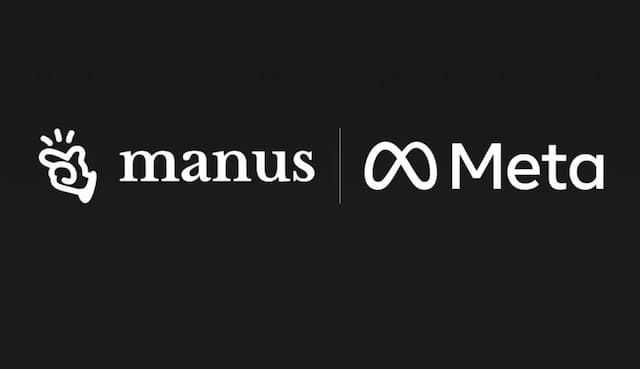Mercedes adds ChatGPT to its in-car Voice Assistant System

ARTIFICIAL INTELLIGENCE: The three-month test of ChatGPT started for some US drivers this Friday
Mercedes has decided to test the capabilities of ChatGPT for its vehicles. The German manufacturer will deploy the OpenAI chatbot within the multimedia interface MBUX (Mercedes-Benz User Experience). For the moment, only American customers participating in a beta trial can benefit from this contribution of artificial intelligence (AI) to the voice assistant since this Friday reports Frandroid . The aim is to improve the responses given to the driver. The device is the result of a collaboration with Microsoft Azure OpenAI Service.
“Hey Mercedes”
To activate the MBUX assistant, simply launch a “Hey Mercedes “. The assistant can already respond to various requests such as finding sports results, making a weather report or knowing the news. It is even possible to ask the voice assistant to control the connected home.
ChatGPT will not take over Mercedes’ voice assistant, but increase its capabilities. The user will have more details about a destination, will be able to request clarification of certain information but also, for example, receive recipe suggestions as the car heads for the supermarket. At all times, the driver will be able to keep their hands on the wheel and their eyes on the road, as the information will be provided verbally by ChatGPT.
Another version of conversational AI
However, it is important to specify that the technology embedded in Mercedes vehicles will be a little different from the version of ChatGPT that we know. MBUX will integrate a chatbot based on GPT. The data and knowledge transmitted will therefore be significantly different from those offered by the other versions of the program.
In its proposed three-month test, Mercedes may have chosen to set the in-vehicle AI to focus on the vehicle’s immediate environment and driver assistance, leaving out other types of functionality. The manufacturer has also specified that the data generated by the exchanges between users and the algorithm will be stored in the company’s cloud and anonymized.
Enjoyed this? Get the week’s top France stories
One email every Sunday. Unsubscribe anytime.


